This Pride Month, let us not forget about our Black liberation pioneers
In the last few weeks, we’ve witnessed and for some of us, participated in the fight against police brutality with the murders of Breonna Taylor, George Floyd, Eric Garner, Trayvon Martin, Michael Brown, Tanisha Anderson, Sandra Bland and countless others.
The Black Lives Matter movement has been re-energized and has taken collective action through protest and demands for policy changes related to police reform and accountability.
READ MORE: Robert Johnson calls for an official Black Lives Matter political party
The changes that have taken place in the last month has been nothing short of extraordinary. We’ve witnessed symbolic shifts in almost every social institutional setting imaginable: sports (i.e. Bubba Smith and the removal of the confederate flag in any affiliation with NASCAR), politically (the removal of Confederate Generals) from the halls of Congress, business implementing policies supporting Black commemorative holidays such as Juneteenth with the denouncing of egregious long-existing policies such as racial comments in the work i.e. LinkedIn and racist comments made during an internal corporate Zoom call.
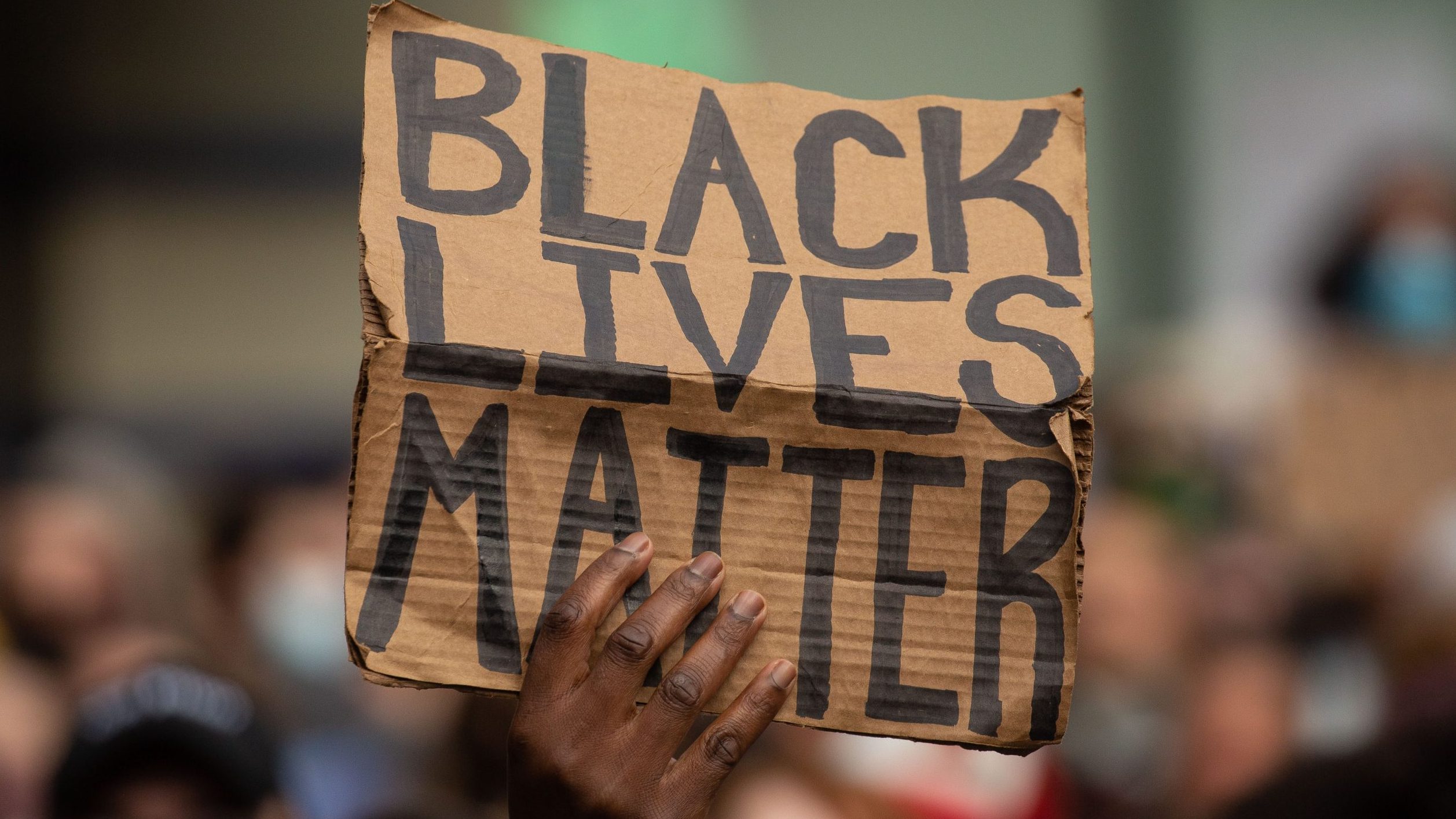
June is LGBTQ Pride Month. While we don’t want to overshadow the issues this country is facing regarding systematic racism and white supremacy, police brutality, and a slow erosion of our democracy itself by the nation’s leader, we should be reminded that the fight against police brutality and toward Black liberation must include Black LGBTQ persons of color.
I’m not suggesting that our Black LGBTQ family is excluded from the fight or cause. We should fully embrace the struggles of the Black LGBTQ movement as an arm of the Black Lives Matter Movement. Your liberation as Black people relies on the liberation of people, including our gay, lesbian and transgender brothers and sisters.
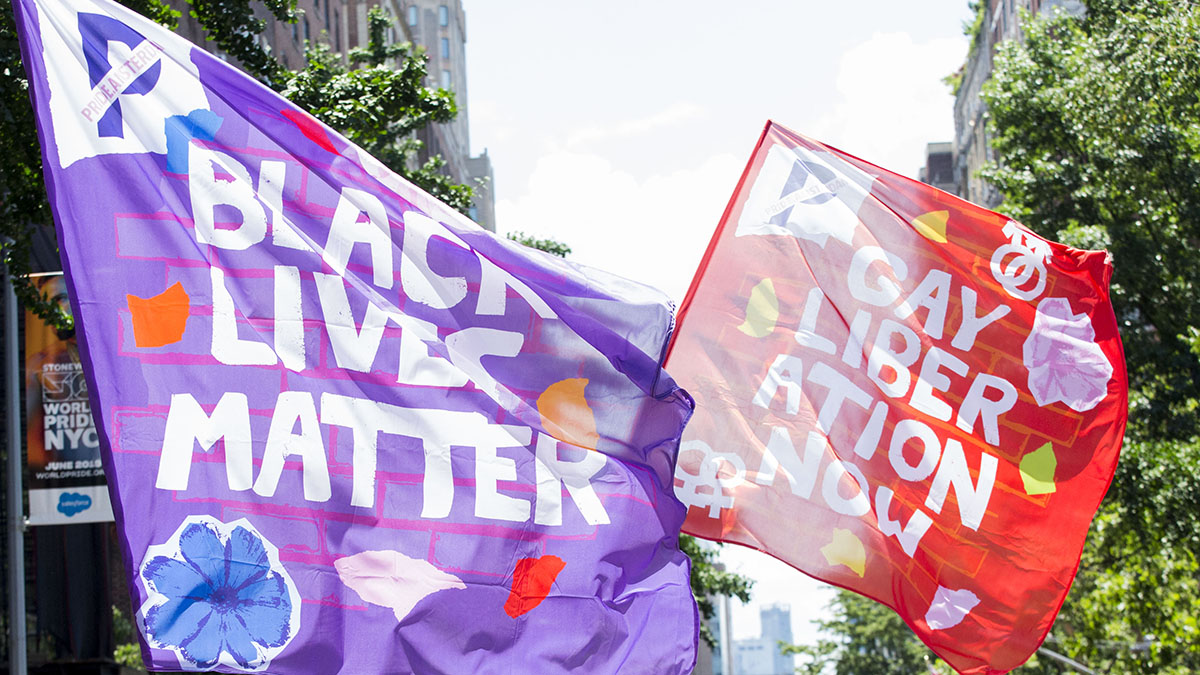
Black LGBT people have been engaged and integral to every struggle for Black liberation through American history. However, in moments like these, our voices are often muted or ignored, both as champions of freedom and as victims of oppression by both the larger dominant culture and the Black community itself.
Black LGBTQ leaders have led the charge in some of the most powerful social movements for liberation that has taken place in our nation. The Stonewall Riots was sparked as a result of the fiery rebellion of Black Trans persons who were fed up with being harassed by police officers but goes largely unrecognized when the story of the uprising is told. A movie was released a few years ago that bombed due to its lack of a true depiction of the events that occurred (thanks Black Twitter!).
Bayard Rustin was one of the chief architects of the March on Washington in 1963. His efforts, however, were overshadowed by Reverend Dr. Martin Luther King Jr., who Rustin advised should be the face of the March. Not because he was more talented (Rustin was known as brilliant and an extraordinary community organizer), yet the specter of heteronormativity and homophobia placed Rustin in the background of the movement.
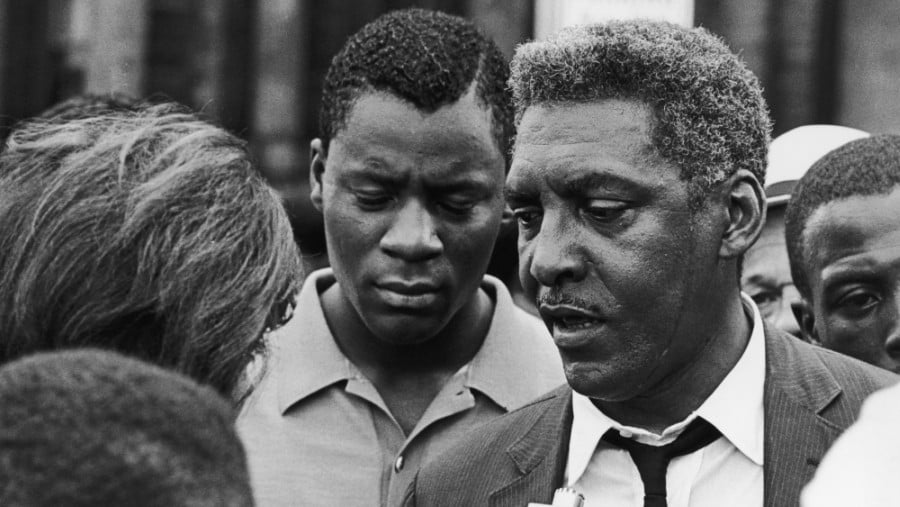
James Baldwin was instrumental in educating Americans about the immutable position white supremacy placed on Blacks and Whites. Additionally, Baldwin was integral to the civil rights movement, participating in protests in the South and using his pen as a weapon for liberation against White supremacy and homophobia.
He served as an intellectual emissary to the literary, intellectual, and social movement leaders of his time including Medgar Evers, Malcolm X (they often had spirited debates), Dr. King and author Lorraine Hansberry. His groundbreaking “Giovanni’s Room” was revolutionary at the time because of its sheer raw prose regarding homosexuality and living as a gay man in the closet.
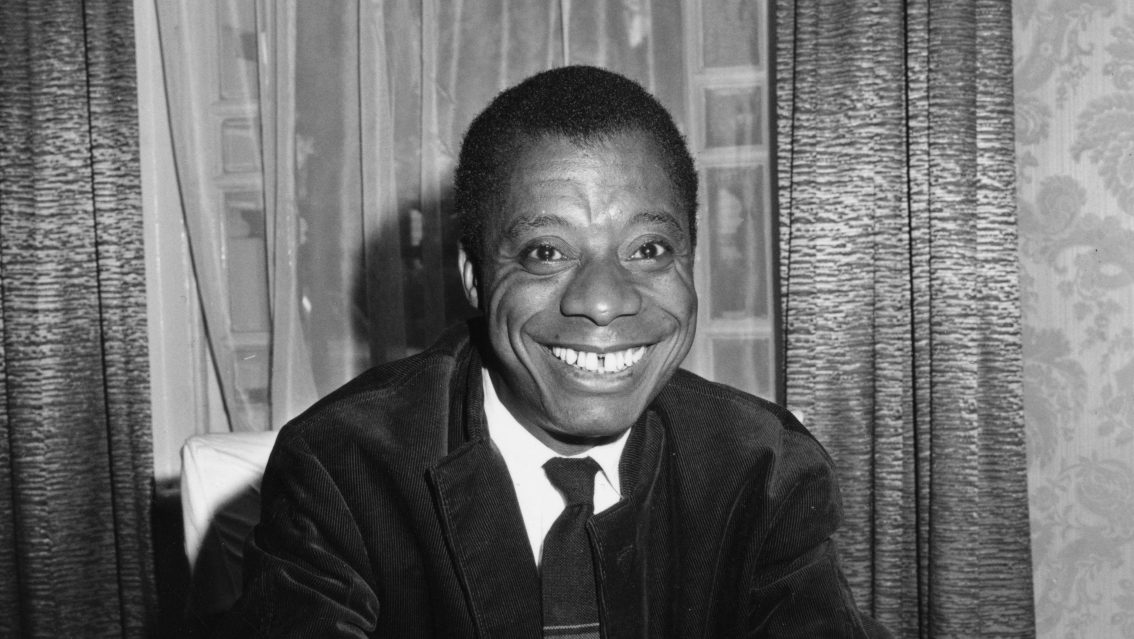
Audre Lorde was an intellectual pioneer in the third wave of feminism with her literary works greatly contributing to the growth of Black feminist thought and queer theory. She set the stage for contemporary leaders such as Laverne Cox and Janet Mock. And let’s not forget local leaders, such as Dr. Ron Simmons, a former Howard Professor, and founding member of Us Helping Us, a DC-based HIV prevention organization serving the Black community for over 30 years.
READ MORE: Remembering my mentor, Black gay activist and community pillar Dr. Ron Simmons
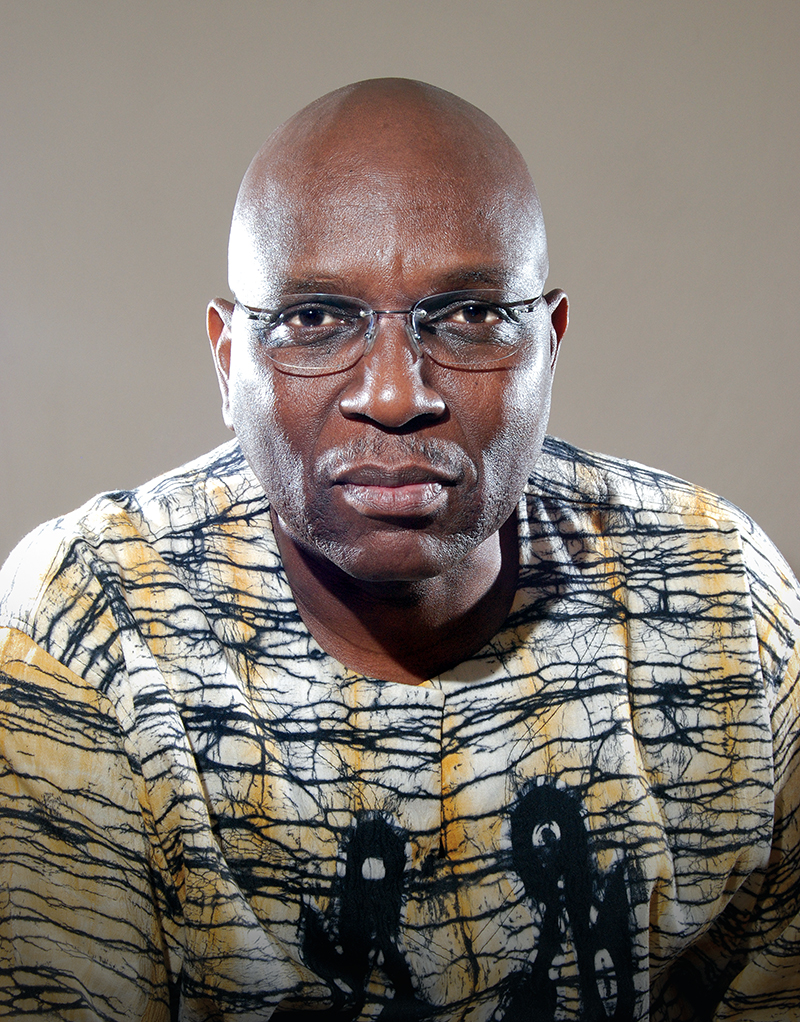
Dr. Simmons passed away this year, but how many of us are aware of the quiet, important work that he’s done in Washington and the country toward the goal of ending the HIV epidemic in the Black community?
These were some of the greatest Black minds of the Twentieth Century and their work paved the way for leadership today and the Black Lives Matter Movement. Just imagine how many others that we’ve left out of the movements because of homophobia and transphobia.
As we protest in the street over the lives lost and affected by police brutality, let us not forget our Trans brothers and sisters. For far too long trans men and women have been brutalized in the hands of police officers and (and citizens) with little or no recourse to address violence towards them.
According to the Human Rights Campaign, 2020 has already seen 14 transgender and non-conforming people murdered, the majority of whom were Black trans women. Two recent deaths because of violence toward Trans people include Riah Milton and Dominique Fells, both Black Trans women and Tony McDade, a Black Trans man, who was brutally shot and killed by police officers in Tallahassee, Florida.
Last Sunday, thousands protested outside of the Brooklyn Museum, in New York to express solidarity with the Black Trans community — our community! In 2013, James Dixon murdered Islan Nettles, a young Black Trans woman, in my own neighborhood of Harlem.
The amount of talent and lives we’ve lost from the Black LGBTQ community does not escape me in our efforts to end police brutality and reform policing. As we combat brutality and celebrate Pride month, let’s commemorate the lives of those we’ve lost due to police brutality and the lives that we may potentially lose or throw away because of ignorance.
Dr. Sheldon Applewhite is an Associate Professor of Sociology at the Borough of Manhattan Community College. His work focuses on Black same-gender-loving couples and resilience and his recent research on COVID-19 and Culture in the Black community. He can be reached on Twitter at @DrSApplewhite
Have you subscribed to theGrio’s podcast “Dear Culture”? Download our newest episodes now!
The post This Pride Month, let us not forget about our Black liberation pioneers appeared first on TheGrio.
from TheGrio https://ift.tt/3g97ThU
via